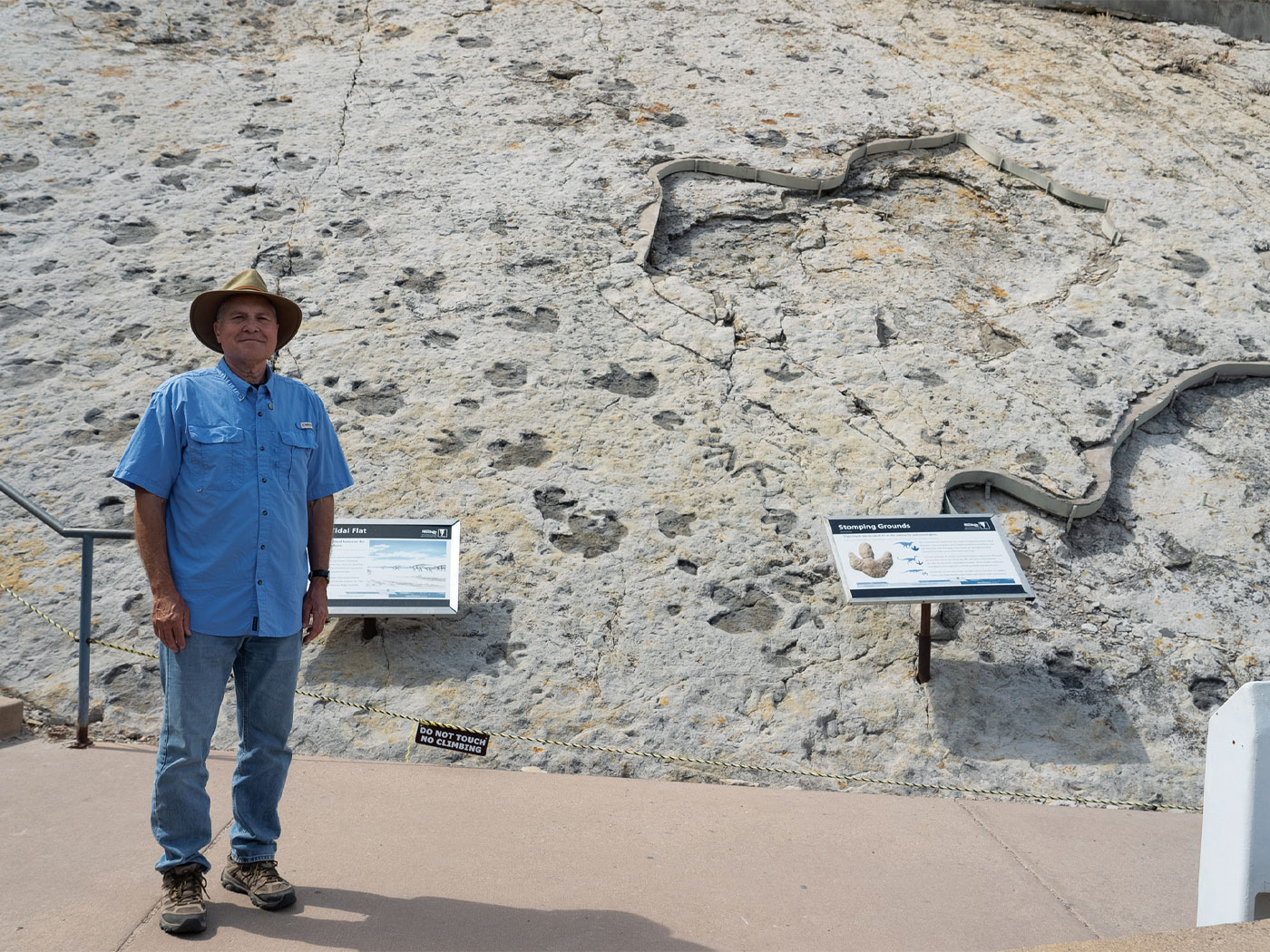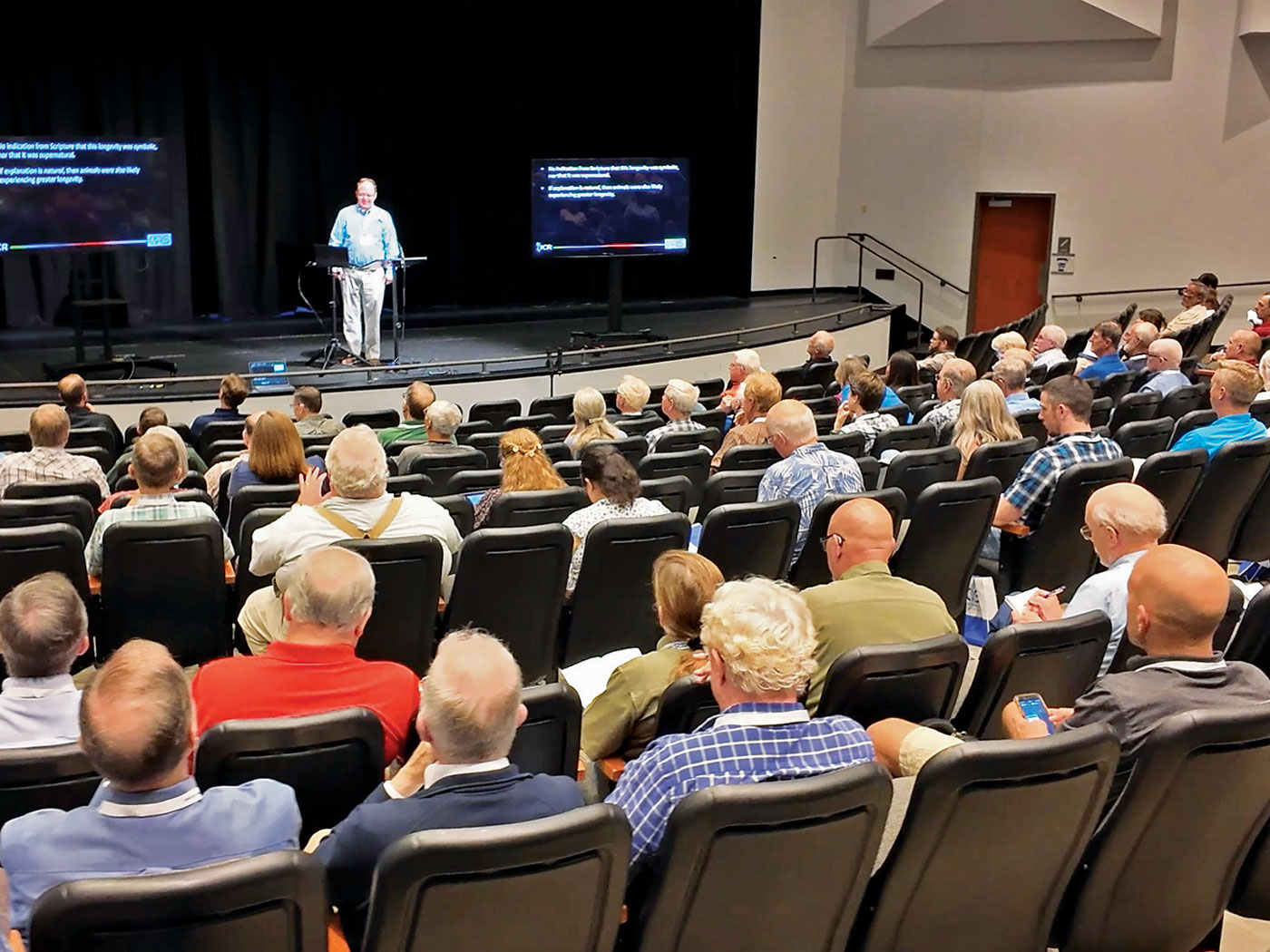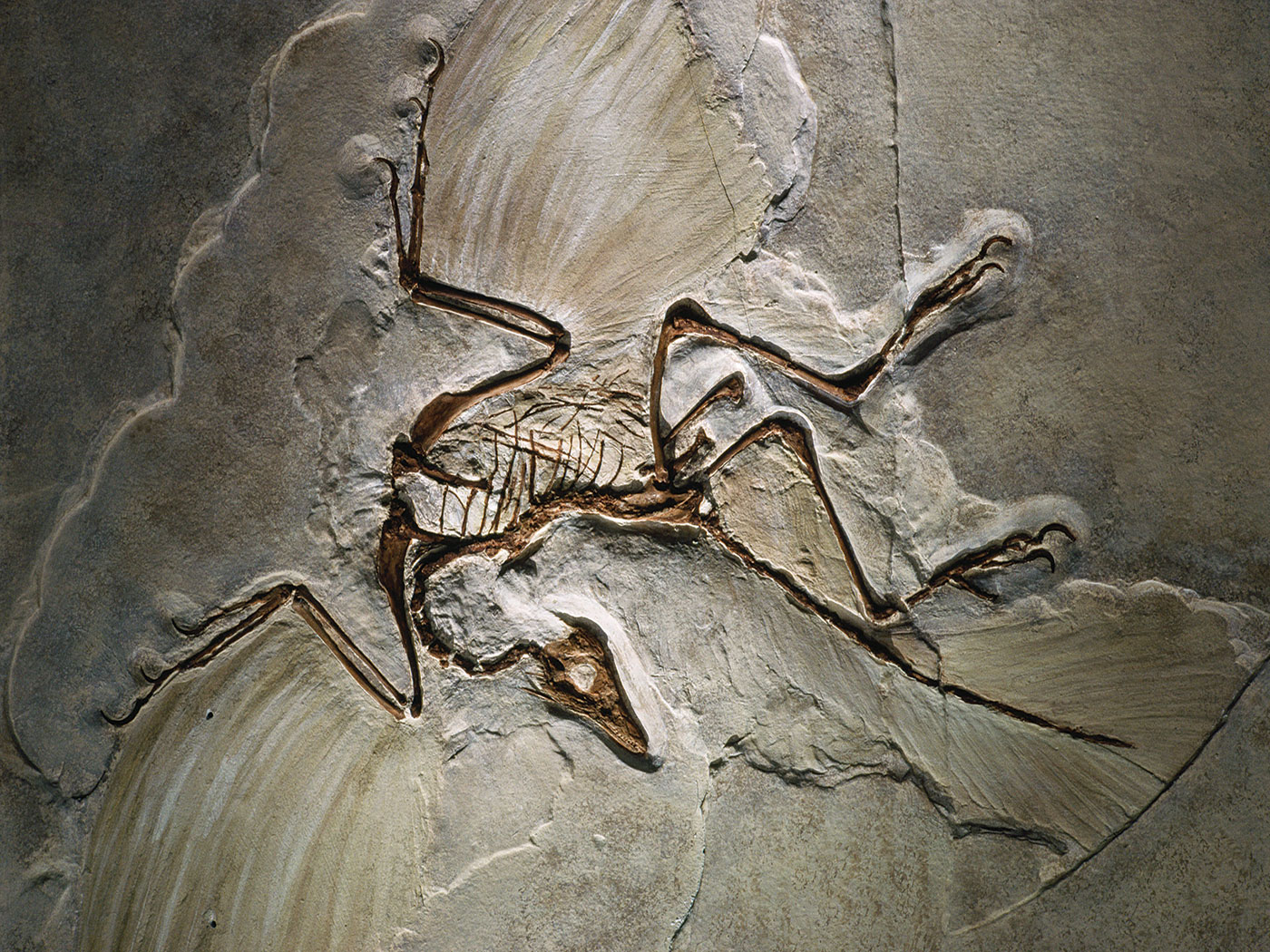It is a very exciting time to be a Christian! As we learn more about life, the earth, and the universe, we continue to be impressed by how science confirms what the Bible teaches—this is especially obvious in the topic of origins. Although we cannot “test” any past event by the methods of science, we can certainly see how modern scientific discoveries confirm the history of Genesis and challenge evolutionist interpretations. We have made great strides in the past, and the future looks even more promising.
In the last ten years, we have seen great advances in the field of radiometric dating. Research by ICR scientists (in cooperation with others) has demonstrated that the rate of decay of certain radioactive isotopes was much faster in the past. This explains why many radiometric age estimates of certain rocks are vastly inflated from the true age. It also means that radiometric dating cannot be used legitimately as an argument against the biblical timescale. What was once a problem for biblical creation is now an asset. We expect to see many other lines of evidence confirm creation—even topics that were once claimed to be difficulties for creation. What is the future direction for creation research here at ICR? Let’s look at some of the exciting projects that our ICR researchers are currently pursuing.
We can expect to see leaps forward in the field of astronomy. Observations of the universe have accelerated with the advance of technology to the point that we now have more data than theories. And it is all too common for new observations to be contrary to the predictions of secular astronomers, as if the universe were screaming for a creation-based interpretation of the data. I intend to work on many of these issues, expanding the Anisotropic Synchrony Convention (ASC) cosmological model and comparing its predictions with the data.
Geology has always been a strength of creation science. The global Flood makes sense of the sedimentary rock layers all over the world and the fossils within them. But there are still unanswered questions about the pre-Flood world. What was the climate like? Why did people live so long? What do we really know about extinct organisms? Dr. Jake Hebert will be exploring these issues.
In the life sciences, ICR scientists are making a number of amazing discoveries. Perhaps you have heard that the DNA of human beings is 97 to 99 percent similar to chimps. This is not so when the evidence is actually carefully examined, as Dr. Jeff Tomkins has demonstrated. He continues to find evidence in the DNA of organisms that powerfully refutes evolutionists’ expectations.
Dr. Randy Guliuzza is one of ICR’s most popular speakers. This keeps him busy, but that doesn’t prevent him from doing research on the adaptation of organisms to their environment. Dr. Guliuzza’s thought-provoking ideas suggest that organisms were programmed by God to adapt and to fill their environments. It’s not so much that nature “selects,” but rather, that organisms respond to their circumstances.
Dr. Nathaniel Jeanson has been studying mutations and genomes. His latest research is absolutely devastating to evolution (and “old-earth” creation as well)! We will give you more information on this after it has been published in peer-reviewed technical literature.
This is just an overview of a few of the research projects underway here at ICR. We will cover these topics in detail in upcoming issues of Acts & Facts.
* Dr. Lisle is Director of Physical Sciences at the Institute for Creation Research and received his Ph.D. in Astrophysics from the University of Colorado.
Cite this article: Lisle, J. 2012. Research at ICR: An Overview. Acts & Facts. 41 (7): 6.



















